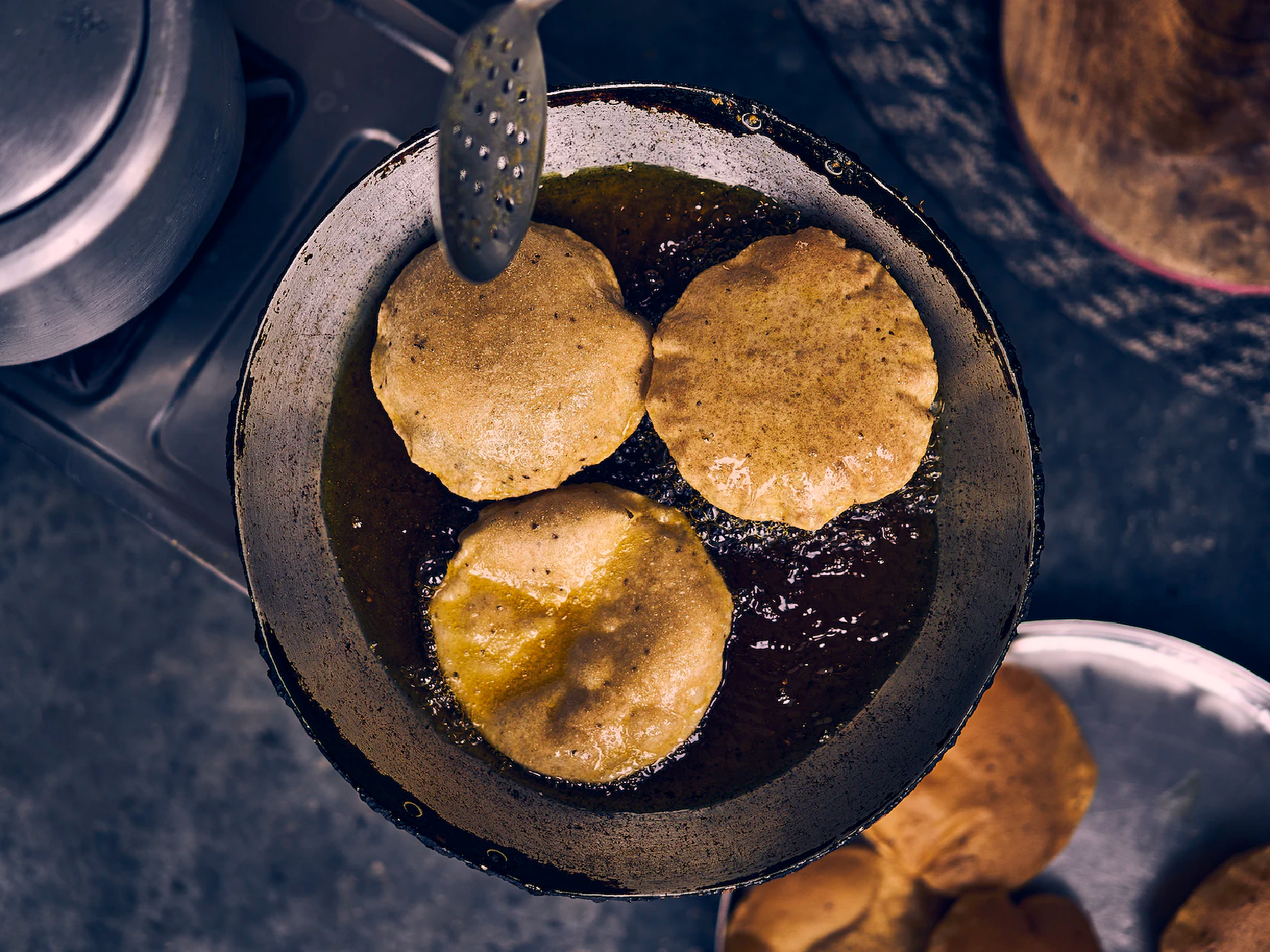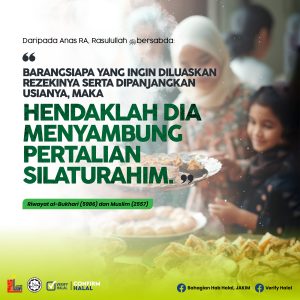Have you noticed that used cooking oil is commonly used in the food and beverage (F&B) industry and our homes? According to my observation, it has become a habit that everyone imitates from their parents or grandparents to save money on acquiring such a costly cooking oil nowadays. The most common reason is the current global economic situation, which includes rising inflation and living costs. However, what are the dangers or effects of frequently consuming used cooking oil in your diet?
If you have ever had a sore throat while trying to eat your fried banana during your tea time, your food may become acidic due to the frequent usage of used cooking oil. When dining out, these are signs that the restaurant may not change the cooking oil every three times, which causes poor quality of food preparation, such as an unpleasant odour and more oily meals. Public Health Malaysia, via Facebook, has warned the public not to use a blackish-brown colour of used cooking oil more than three times to avoid hazardous health concerns. They further stated that when cooking oil is heated, it degrades and emits harmful chemicals known as aldehydes. When the oil is used frequently, the fried food accumulates this carcinogenic component, which can lead to cancer. In addition, this oil may also contain other harmful chemicals such as heavy metals and pesticides.
Prof. Dr. Sedarnawati Yasni, a professor at Bogor Agricultural Institute (IPB University) and a senior auditor at Lembaga Pengkajian Pangan Obat-obatan dan Kosmetika – Majelis Ulama Indonesia (LPPOM MUI) strongly agrees that used cooking oil might operate as an initiator for the formation of free radicals, which are then absorbed by fried meals. She claims that consuming used cooking oil numerous times will damage the nutrition of the food and produce carcinogenic chemicals. If you heat the used cooking oil repeatedly at high temperatures, between 170oC and 200oC, it will initiate an oxidation process. This process also resulted in the formation of free radicals, also known as peroxides and hydroperoxides which caused the unsaturated fat content of the cis structure to shift to a trans structure. Dr. Suhainizam Muhammad Saliluddin, the Head of the Public Health Unit of University Putra Malaysia Teaching Hospital (HPUPM), also warns the public that these radicals are dangerous to consume and have damaged the cells and molecules of the human body. For instance, these radicals could lead to heart disease, stroke, and obesity.
Surprisingly, it also serves as a breeding ground for a variety of microorganisms. The dangers of unseen living things such as Salmonella and E. coli can breed and cause chronic food poisoning. This happens due to a bacterial infection caused by bacteria that grow in the remaining fried crumbs that settle in used cooking oil or stick to the frying pan. Nausea, vomiting, and diarrhoea are other health concerns you should note.
What are the Halal concerns or aspects of used cooking oil from a Muslim’s perspective?
Prof. Dr. Sedarnawati stated that it is prohibited (haram) to consume used cooking oil used for non–Halal foods such as frying pork, even though the cooking oil contains zero haram ingredients. According to Islamic law, Muslims are not permitted to consume haram food, which is classified as najis, or impure for Muslims to consume. This law also applies to Halal meat that does not go through the Islamic slaughtering process, such as chicken and beef.
She further stated that the probability of consuming non-Halal used cooking oil is much higher than consuming Halal-used cooking oil, especially when purchasing fried food from food vendors, which must nevertheless be Halal-certified. This statement can be proven by her observation of the fried rice sellers who consumed used cooking oil from fried chicken. It is essential to prove its Halal status to eliminate any doubts regarding forbidden matters based on the slaughter process of the chicken, whether it is following Islamic practises or not. We can see from this case that her statement is genuine since numerous questions may be asked from a Muslim’s perspective that may uncover all aspects. Besides, other Halal aspects include that the oil must be vegetable-based and that it is not recommended to use this oil regularly due to the dangerous health concerns that can lead to chronic illnesses.
Therefore, we can conclude that used cooking oil has more drawbacks than advantages for those who use it frequently in terms of health aspects such as cancer and heart disease. Dr. Suhainizam shared several warning signs that the used cooking oil is no longer safe for human consumption, such as colour changes from yellow to blackish-brown, a higher concentration, a strong unpleasant odour, and the fact that it smokes faster when heated. Meanwhile, in terms of Halal, used cooking oil can be consumed if it complies with Islamic practises, such as the absence of haram elements in the oil, and it must not be consumed more than three times in a row. To become a concerned citizen and obedient worshipper of Allah SWT, you may implement these four recommended practises that were suggested by Yana (2023) for ensuring the Halal aspects of used cooking oil as follows:
- Please ensure that the cooking oil is Halal-certified by recognised authorities such as the Department of Islamic Development Malaysia (JAKIM) every time you purchase it by scanning the barcode of the product using the Verify Halal app, a simple and quick application to ensure the Halal status of a product, services or abattoirs.
- To avoid dangerous health risks, maximise the usage of used cooking oil by three times only. Please do not discard the used oil down the drain or into the sink because it could pollute the environment, especially the river. You can collect the used cooking oil and sell it to the nearby recycling or collection centres, such as Alam Flora Buy Back Centre.
- If the source of the used cooking oil is uncertain when you are considering purchasing it, please avoid purchasing it because it has a high chance of being mixed with haram aspects. When purchasing the oil, ensure that the ingredients and prior usage of the oil have been disclosed by the seller.
- Ensure that the food vendors are using Halal-certified cooking oil rather than used cooking oil. It is because Islam forbids ingesting used cooking oil, which is dangerous for human consumption because it contains toxic elements. The new cooking oil’s quality is superior and rich in good nutrition to consume rather than used cooking oil.
For more information about Halal products and services, please visit www.verifyhalal.com











Like (2)